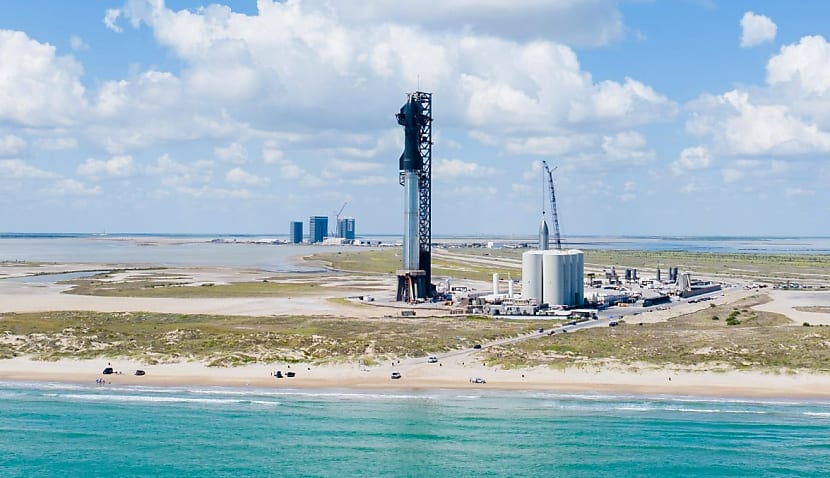From the dawn of the Space Age, humanity’s access to orbit was built on a single-use model. Every rocket launch meant discarding millions of dollars’ worth of precision-engineered hardware into the ocean or atmosphere.
This approach, while sufficient for the Cold War’s symbolic “space race”, was never economically sustainable, even for the world’s most wealthy nations. As a result, access to space remained the domain of superpowers, constrained by high costs and low launch cadence.
In this pursuit of reusability, recovering and reflying launch systems rather than discarding them emerged as a response to this inefficiency.
Driving large parts of these early efforts, NASA’s Space Shuttle in the 1980s represented a partial step towards the concept. While its orbiters were technically reusable, the Shuttle’s operational costs and complexity ultimately limited its economic viability, resulting in its retirement from service in 2011.
Nevertheless, the program proved that re-entry, refurbishment and relaunch were possible, setting the foundation for future innovation. Enter Elon Musk and SpaceX in the early 2000s. Commercial space companies reignited the quest for true reusability.
Beginning with the company’s Falcon 9 first successfully landing its booster in 2015, demonstrating that rockets could be reused with minimal turnaround time, dramatically reducing launch costs and increasing frequency. This breakthrough fundamentally changed the global space economy, allowing nations, researchers and private firms to access orbit faster, cheaper and more reliably than ever before.
However, “full reusability” continues to remain elusive to this day, with SpaceX founder, CEO and chief technology officer Elon Musk telling podcaster Joe Rogan, “It’s fair to say that you know we have not yet succeeded in creating in achieving full reusability but we at last have a rocket uh where full reusability is possible. And I think I think we’ll achieve it next year. So, that’s a that’s a really big deal.”
Musk went further, detailing the challenges of developing a “fully reusable” rocket system that has plagued the aerospace industry from the world’s very first rockets, saying, “I mean we’re pushing the limits of physics here, and really in order to to make a a fully reusable orbital rocket which no one has succeeded in doing yet including us ... Starship is the first time that there is a design for a rocket where where full and rapid reusability is actually possible...”
Explaining the monumental impact this can have on space transportation and what it is set to achieve, Musk added, “the reason that’s such a big deal is that full reusability drops the cost of access to space by a hundred maybe even more than 100 actually. So could be like a thousand.”
Musk detailed just how costly the previous generation of space launch and exploration has been, comparing it to discarding a plane on each trip, with pilot, crew and passengers parachuting out of the aircraft to their destination, then utilising an entirely new aircraft for the return trip, only to repeat the process.
“The SpaceX Falcon rocket is the only one that is is there that is at least mostly reusable. You’ve seen the Falcon rocket, you know, land. We’ve now done over 500 landings of of the SpaceX rocket of the Falcon 9 rocket ... and this year, you know, we we’ll deliver probably, I don’t know, somewhere between 2,200 and 2,500 tonnes to orbit with with the Falcon 9,” Musk added.
Today, reusable launch systems underpin a new era of space activity. They enable the rapid deployment of satellite constellations, expand the possibilities of space science and exploration, and support the growing commercial and defence space sectors.
For countries like Australia, developing or partnering in reusable launch technology represents not just a technological challenge but a strategic opportunity, enhancing sovereign launch capability, supporting domestic industry and securing access to the economic frontier above Earth’s atmosphere.
Reusable launch systems mark the shift from an era of one-off exploration to one of sustained presence. By transforming rockets from expendable vehicles into reliable, repeatable transport systems, humanity has turned space into a true operating domain, one where innovation, competition and ambition can thrive.
The ability to launch, recover and rapidly relaunch is more than a technical feat – it is the foundation of affordable, enduring access to space for generations to come.

